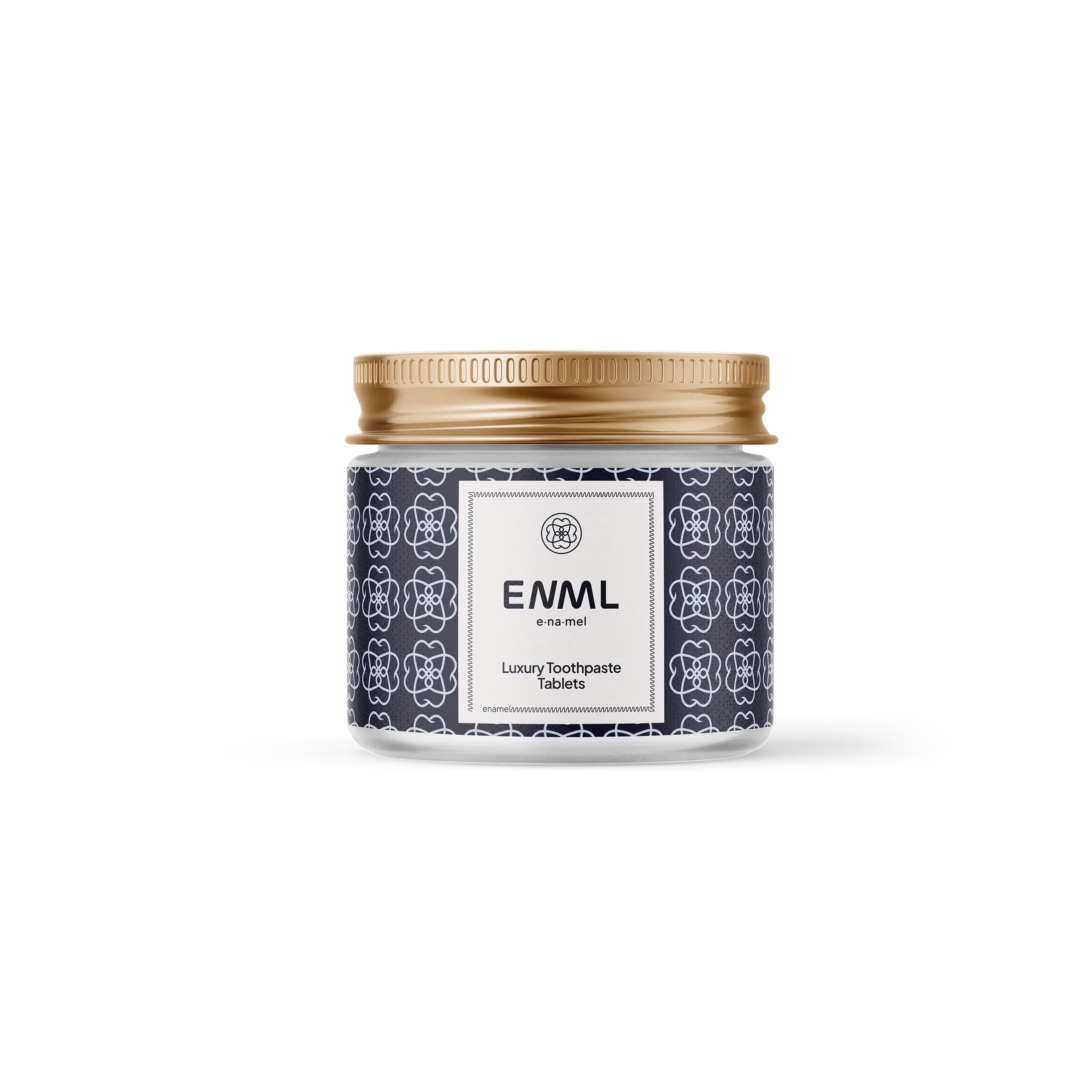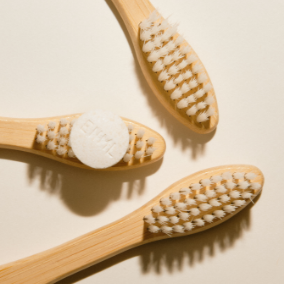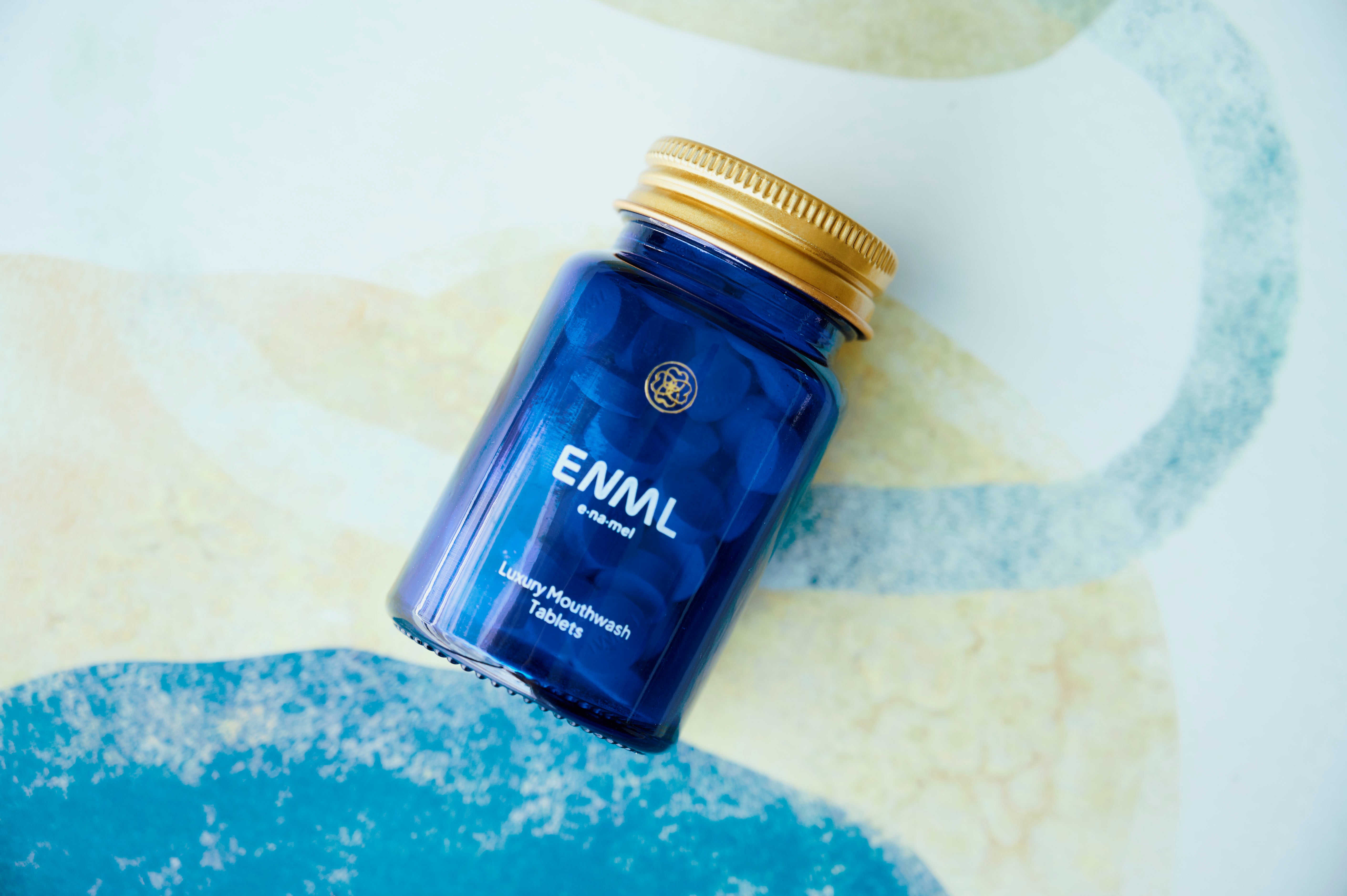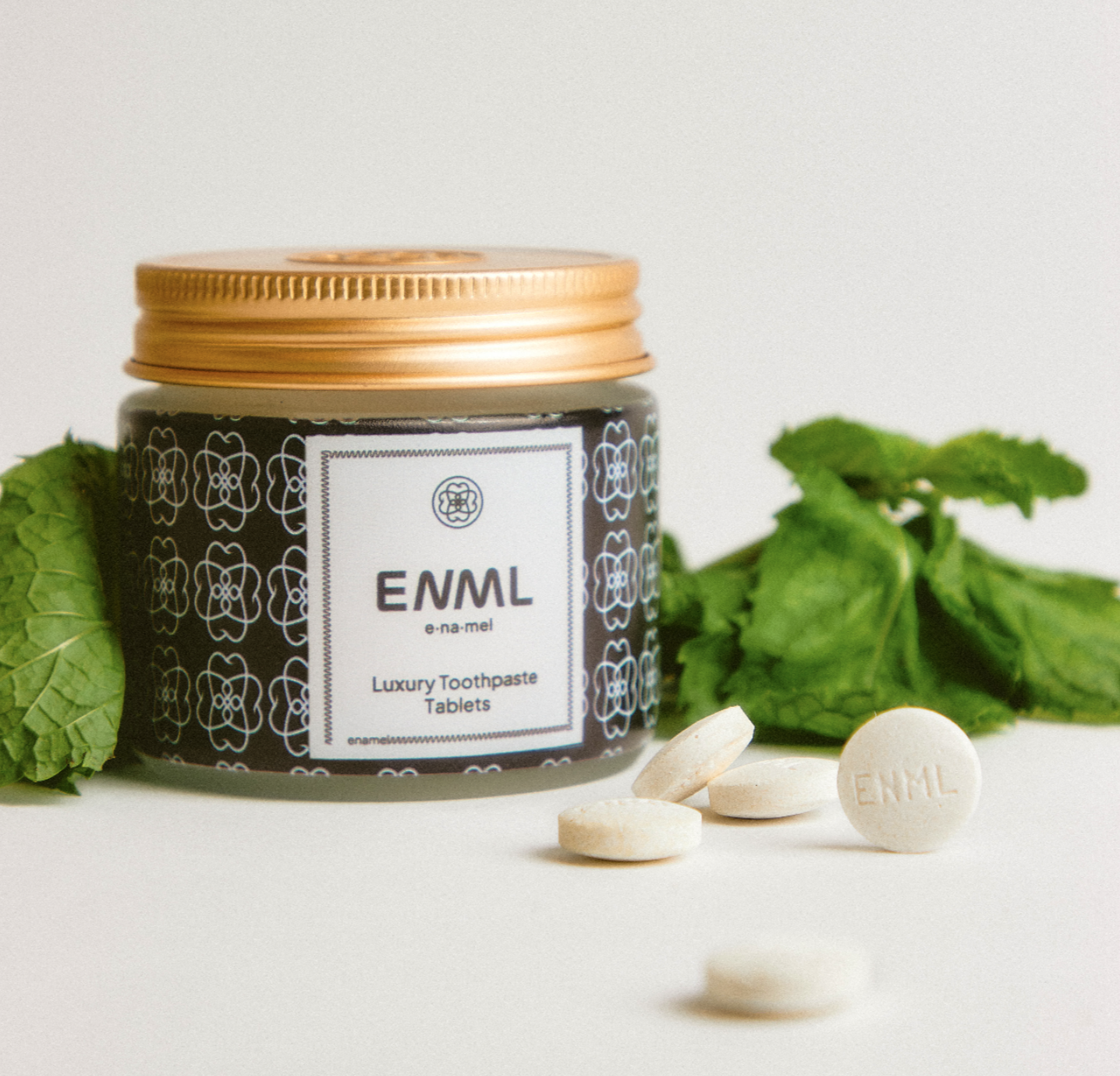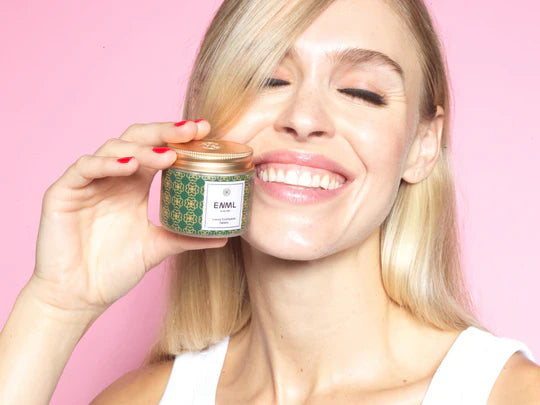
We’ve all been told since childhood that toothpaste is essential for oral care. But in recent years, more and more people are exploring alternatives to traditional toothpaste. Whether you're looking to reduce chemicals in your daily routine, discover eco-friendly options, or simply try something new, natural ingredients can offer an exciting complement to your brushing routine.
From ancient practices like oil pulling to household staples like baking soda, the world of natural oral care is vast—and surprisingly effective.
That said, it’s important to remember that while these natural alternatives can work wonders, they should complement your regular toothpaste, not replace it entirely. The best way to keep your teeth sparkling and your gums healthy is by combining the power of nature with the proven effectiveness of modern oral care.
Explore some of the top natural alternatives to toothpaste along with tips on how to choose a toothpaste that works in harmony with your routine.
Why Consider Natural Alternatives to Toothpaste?
The shift toward natural alternatives in our daily routines, from skincare to household cleaning products, is driven by the desire to reduce exposure to chemicals, minimize environmental impact, and use more sustainable options.
Traditional toothpaste often contains ingredients like sodium lauryl sulfate (SLS), artificial flavors, and preservatives, which some people prefer to avoid. Additionally, many natural alternatives are easy to find at home or at your local health store, making them both convenient and cost-effective.
Natural alternatives should complement your existing oral care routine, which includes regular brushing with a high-quality toothpaste.
Best Alternatives to Toothpaste You Should Try
1. Oil Pulling (Coconut Oil)
Oil pulling is an ancient Ayurvedic practice that involves swishing oil around in your mouth to remove bacteria and promote oral health. Traditionally, sesame or sunflower oils were used, but coconut oil has become the go-to choice due to its antibacterial properties, particularly lauric acid, which helps fight plaque buildup and improve gum health.
To try oil pulling, simply take about a tablespoon of coconut oil and swish it around in your mouth for 10-15 minutes. Make sure you don’t swallow the oil, as it will be full of bacteria and toxins. After the swishing session, spit the oil into the trash (not the sink, as it can clog pipes). Rinse your mouth with warm water and then continue with your regular brushing routine.
Oil pulling can help with bad breath, reduce inflammation, and promote overall oral hygiene. While it’s a great supplement, it’s best used in combination with a fluoride-free toothpaste for thorough plaque removal and enamel protection.
2. Baking Soda
Baking soda is a well-known natural alternative for tooth cleaning, and for good reason. This common kitchen staple acts as a gentle abrasive that helps scrub away surface stains and plaque from teeth. It’s also mildly alkaline, which helps neutralize acids in your mouth that contribute to tooth decay.
To use baking soda as a toothpaste alternative, simply dip a damp toothbrush into baking soda and gently brush your teeth. Some people also add a little water to create a paste.
While baking soda is effective in cleaning your teeth, it is mildly abrasive, so using it too frequently or too aggressively could potentially damage your enamel. To avoid this problem, use baking soda sparingly—once or twice a week is usually enough.
Baking soda helps maintain fresh breath by neutralizing odors and balancing the pH levels in your mouth.
3. Saltwater Rinse
A saltwater rinse is one of the simplest, most affordable, and effective natural alternatives to toothpaste. Saltwater has natural antiseptic properties, which can help kill bacteria, soothe inflamed gums, and promote oral health. It can also help heal minor cuts or sores in the mouth.
To create a saltwater rinse, dissolve half a teaspoon of salt into a cup of warm water and swish it around in your mouth for 30 seconds to 1 minute. Saltwater is particularly helpful after dental procedures or when you’re dealing with gum irritation, as it can reduce swelling and discomfort.
While saltwater isn’t a complete replacement for toothpaste, it’s a great addition to your oral care routine for general gum health and maintenance.
4. Hydrogen Peroxide
Hydrogen peroxide is a mild antiseptic and antibacterial agent that’s been used for decades in oral care. It can help whiten teeth by removing surface stains and reduce bacteria in the mouth, contributing to better oral hygiene.
To use hydrogen peroxide as a mouth rinse, dilute a 3% solution with equal parts water. Swish the mixture around in your mouth for 30 seconds, making sure not to swallow it. The practice can help freshen your breath and remove bacteria.
For extra stain removal, some people use hydrogen peroxide in combination with baking soda for a whitening paste.
While hydrogen peroxide is effective at promoting oral health, be careful not to overuse it. Too much can lead to irritation in the mouth or damage to sensitive gums. It’s best to use hydrogen peroxide sporadically, in conjunction with regular toothpaste.
Ingredients Your Toothpaste Should Have
When choosing the best toothpaste, you need to look for specific ingredients that promote long-term oral health. If you’re interested in fluoride-free options, there are plenty of great choices. One ingredient that stands out as a key player in effective, fluoride-free toothpaste is micro-hydroxyapatite.
Micro-hydroxyapatite is a naturally occurring mineral that makes up most of our teeth and bones. It’s known for its ability to remineralize enamel and repair small cracks in your teeth, which helps strengthen them over time. Unlike fluoride, which can be a concern for some people, micro-hydroxyapatite is a safe and natural alternative that works to keep teeth strong and healthy.
Look for a toothpaste that contains micro-hydroxyapatite to help rebuild enamel without the potential risks of fluoride. Other beneficial ingredients to consider include calcium carbonate (a mild abrasive that polishes teeth) and xylitol (a natural sweetener that helps reduce cavity-causing bacteria).
Find the Best Alternative to Toothpaste at ENML!
Natural alternatives to toothpaste can be a great way to enhance your oral hygiene routine and reduce your exposure to unwanted chemicals. If you’re looking for a toothpaste that complements natural alternatives, browse our ENML website for toothpaste and mouthwash tablets developed by leading dentists.
Our products are TSA-approved, fluoride-free, SLS-free, and 100% plastic-free, and they contain micro-hydroxyapatite for enamel repair and dental health. Make the switch today for a cleaner, healthier mouth!

